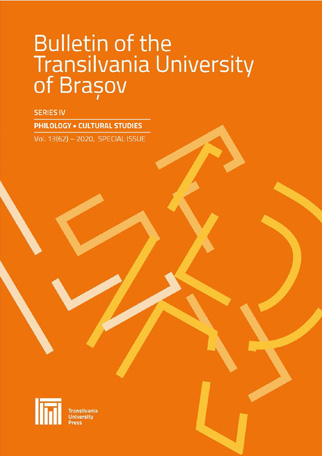Language policies and multilingualism in modern Tunisia
Language policies and multilingualism in modern Tunisia
Author(s): Ibtissem Smari, Ildikó HortobágyiSubject(s): Language and Literature Studies, Philology
Published by: Editura Universitatii Transilvania din Brasov
Keywords: education; multilingualism; language policy; identity 1 University;
Summary/Abstract: In a multicultural and multilingual world, people negotiate their identities along contextual lines. Online mediated information about countries and cultures build bridges at the individual level and create a sense of “global citizenship” (Hortobagyi 2015; 2017). Languages policies and linguistic landscapes facilitate the exploration of the multilingual texture of a country, thus research in imminently multicultural environments fosters a better understanding of multiple linguistic identities. Situated at the intersection of social and language sciences, drawing on relevant literature and using a comparative approach, the presentation highlights Tunisia’s long history of linguistic and political confrontation since its independence from France (Riguet 1984) and focuses on the educational reforms that have been undertaken, particularly on the various policies and guidelines pertaining to modifying the language policy of the country. Since the 1970s, a significant process of Arabization has been underway, alongside the strengthening of bilingual education, which was launched as early as 1956. Considering that English started to be taught in Tunisian schools shortly after the independence (Battenburg 1997), Tunisian education has always been trilingual with English as the most common foreign language added to Arabic and French. The first years of the 21st century were marked by the introduction of additional foreign languages in secondary education, such as Russian, Spanish, Italian, Chinese, German, and Turkish among others. All these policies have allowed Tunisia to access modernity (Messadi 1967 cited in Belazi 1991, 53). Currently, Tunisian Arabic and Berber are languages that have not yet been added to the political agenda. Nevertheless, the return to the standardization of Arabic through teaching, the noticeable decline of the use of French, and the emergence of English as a new alternative, indicate linguistic policies in which multilingualism is becoming the new norm, with manifest representations both at the societal level and in the new media communication.
Journal: Bulletin of the Transilvania University of Braşov, Series IV: Philology & Cultural Studies
- Issue Year: 13/2020
- Issue No: Suppl
- Page Range: 209-232
- Page Count: 26
- Language: English

